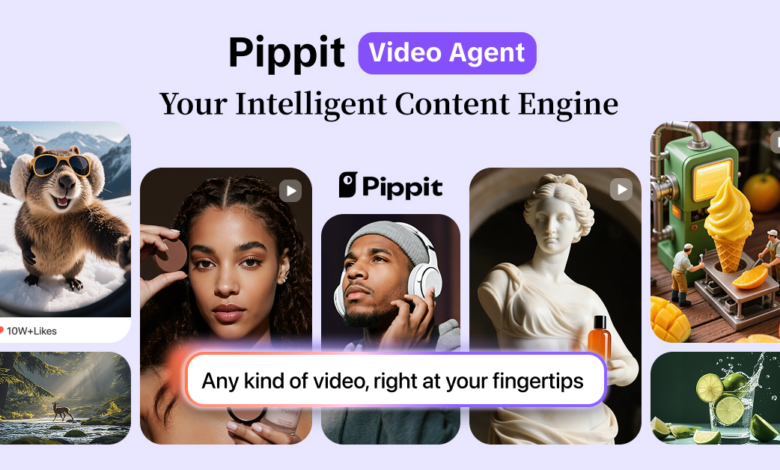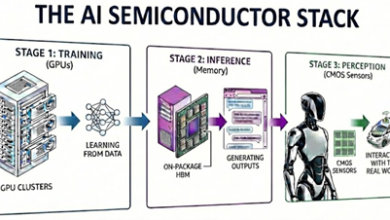
Video has long been one of the hardest creative formats to crack. For every Instagram Reel or TikTok clip that goes viral, there are countless creators stuck somewhere between idea and execution, bogged down by editing software, missing footage, or sheer lack of time.
But a California-based creative technology company wants to make that frustration disappear.
Recently, Pippit (Pippit AI) launched Agent Mode, a new feature that promises to turn any idea into a ready-to-share video with just a single prompt. The tool works like a personal AI production team, and compresses the entire video pipeline i.e. writing, editing, compositing, and exporting, into a single AI-powered conversational workstation. The platform’s new features aim to remove the technical barriers and the hassle of video production for today’s fast-paced requirements.
Users start by selecting Agent Mode and uploading reference material, whether that’s a product image, a short stylistic clip, or even a document with supporting details. Pippit’s AI engine, powered by CapCut’s video capabilities, then generates multiple polished variations in minutes. Unlike static templates, the feature offers flexibility. Creators can add AI avatars, either chosen from a prebuilt library or customized to match a brand’s identity.
The company claims its platform can generate a week’s worth of branded content in minutes, enabling small teams and even solo creators to match the output of larger organizations. Moreover, Pippit is betting that casual users will embrace a tool that delivers professional-grade videos without ever needing to touch an editing timeline.
A Future Where Ideas Move Faster Than Edits
While Agent Mode is a flagship feature, Pippit has been steadily expanding its suite of AI tools. Product Showcase can drop uploaded images into realistic scenarios, making a product appear as if it’s being held, styled, or displayed in context. AI Design can transform moodboards into fully composed posters and marketing materials. Likewise, the link-to-video tool enables instant conversion of entire websites into promotional clips, and an AI Talking Photo tool simplifies animation of static images into characters that can deliver scripted dialogues in a video.
The features together point to the platform’s larger ambition of building an AI-powered ecosystem where the ease of content creation through AI feels conversational, modular, and instantaneous.
Over the past few years, AI video has become one of the most significant frontiers in generative technology. AI Startups, including Runway and Synthesia, have captured market attention with their platforms’ ability to generate lifelike clips and synthetic avatars, while TikTok, Snapchat, and YouTube are also experimenting with AI editing and content creation features to keep users engaged. Pippit, however, is betting on speed, accessibility, and end-to-end production as its key differentiator in this market.
As production becomes automated, it seems like the question is no longer how to edit the perfect clip but how to generate an idea worth executing. In that sense, Pippit wants to position itself as the default starting point for turning imagination into media. By casting Agent Mode as a personal production team, it plans to ease the gap between inspiration and execution, eventually shrinking it to zero.
Either way, the launch underscores a larger shift in the industry: content creation is moving into an AI-first era, and the AI tools that win won’t just make production easier, they’ll make ideas move faster.


